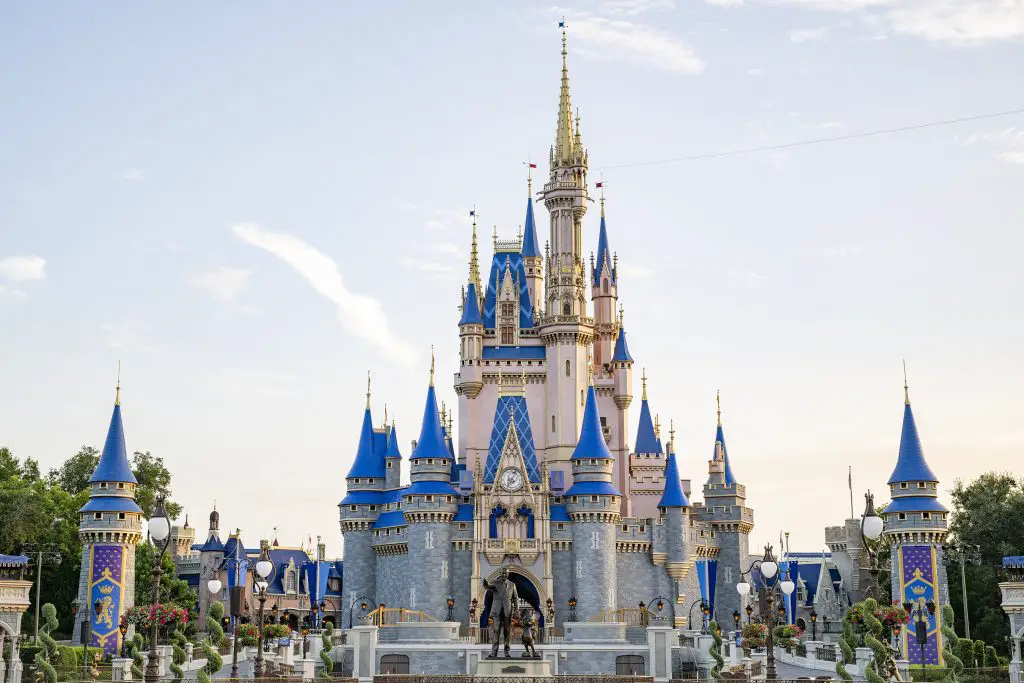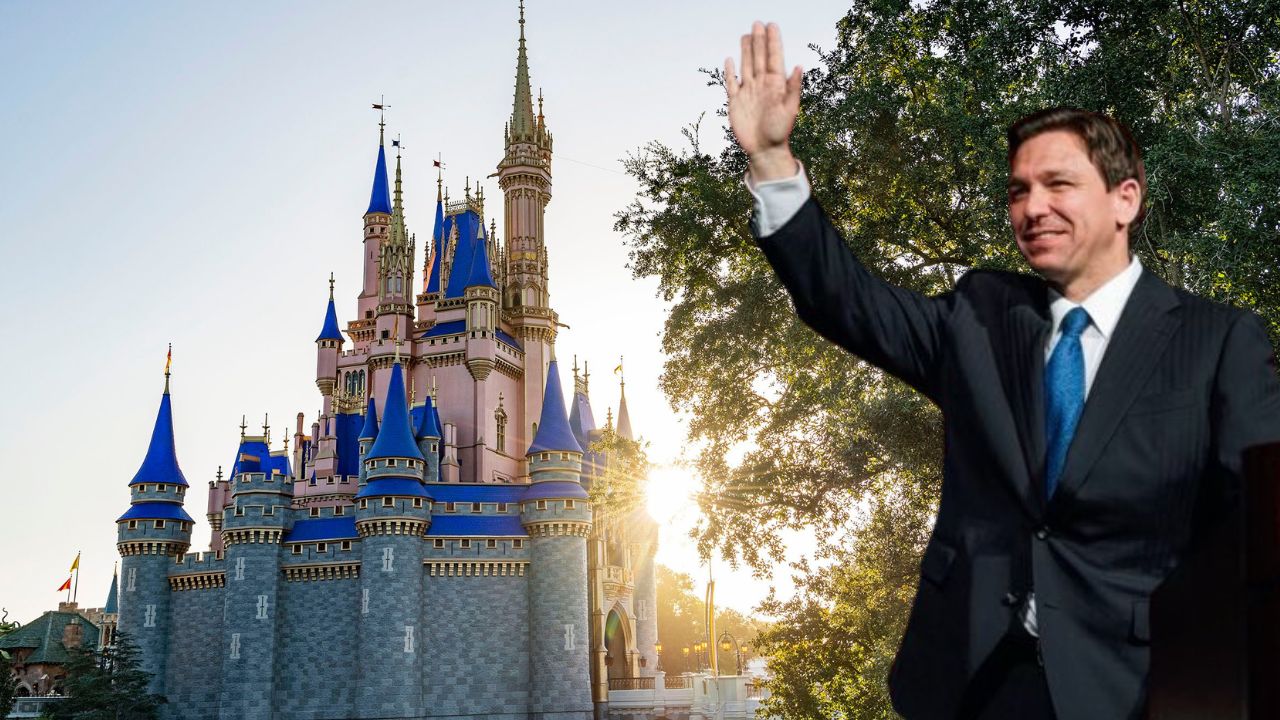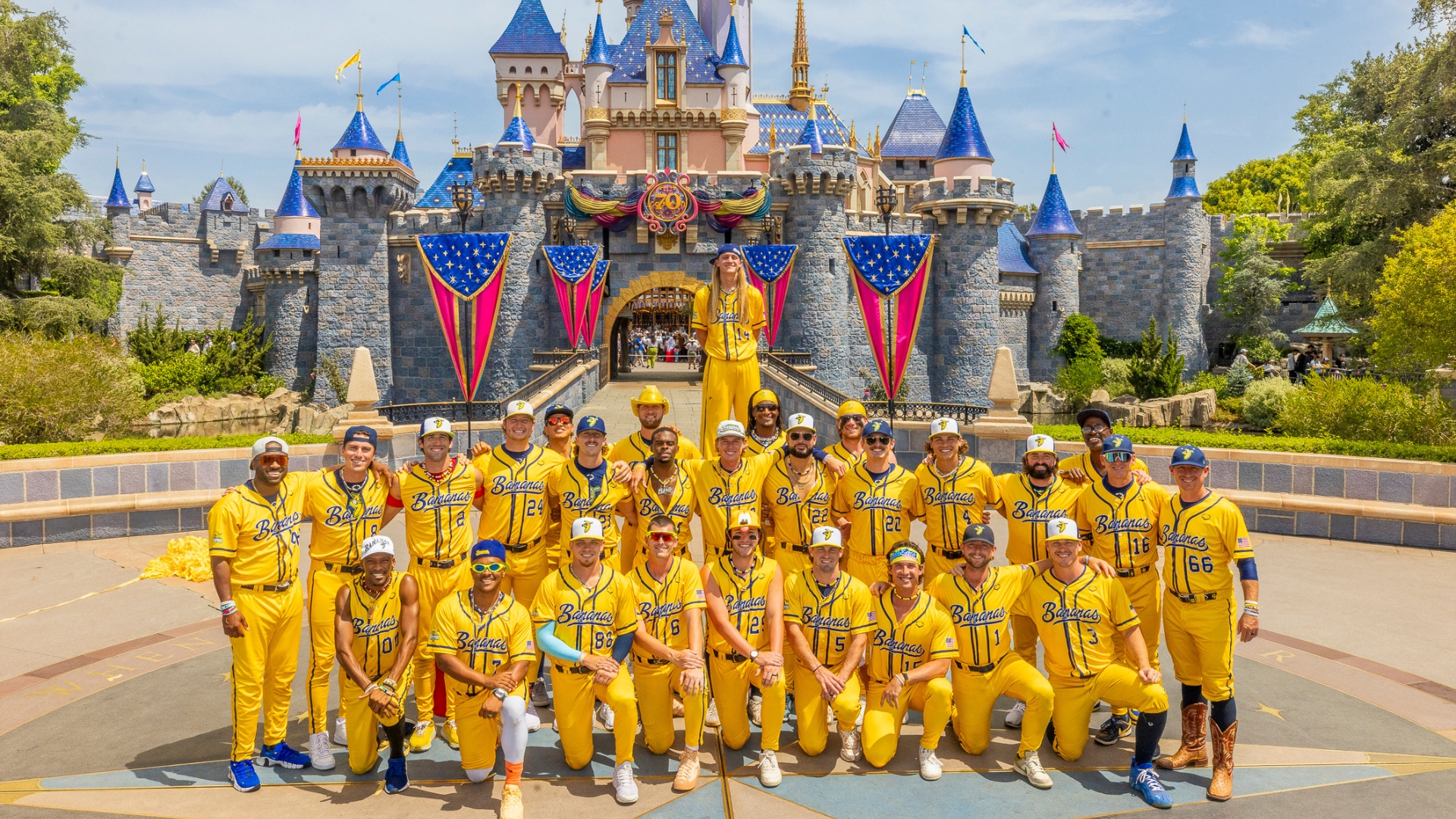Disney has issued another warning about the stakes of a lawsuit it is embroiled in with Governor DeSantis and other Florida leaders regarding the future of the former Reedy Creek Improvement District. In a filing on Monday, Disney claimed that its free speech was violated and that if Governor DeSantis wins this lawsuit, the company won’t be the first to be punished for having “disfavored views.”
The First Amendment provides for the protection of the right of free speech, even when it goes against government powers, Disney said in court documents asking a judge to reject Governor DeSantis’ motion to dismiss the company’s First Amendment lawsuit in Tallahassee.

This lawsuit says that Governor DeSantis unconstitutionally dissolved and then took over the former Reedy Creek Improvement District in retaliation to Disney speaking out against a state law that banned classroom lessons on sexual orientation or gender identity in early grades. Commonly called the “Don’t Say Gay” law, it was championed by Governor DeSantis as he prepared to run for President of the United States, which he is doing now.
“If the line is not drawn here, there is no line at all,” Disney said Monday. “The retaliation against Disney for crossing the Governor’s ‘line’ was swift and severe: for the explicitly-stated purpose of punishing Disney for its comments, the State immediately stripped Disney of its voting rights in the governing body that oversees Disney’s use of its own private property.”
Governor DeSantis and his co-defendents (which includes the now-named Central Florida Tourism Oversight District) argue that the First Amendment lawsuit is meritless and that they are immune from liability. A judge will determine the merit of this argument.
Before Governor DeSantis dissolved and then remade the district with a board solely appointed by him, the district had been controlled by a board that was more amiable to Disney for five decades. This district runs the municipal services for the area that Walt Disney World is found. This includes responsibilities like road repairs and waste collection.
Ahead of the the new board taking over, Disney signed development agreements which gave the company power to decide on future projects instead of the district. This led to another lawsuit at the state level. Disney has filed a counterclaim arguing that the development agreements are valid and enforceable.






